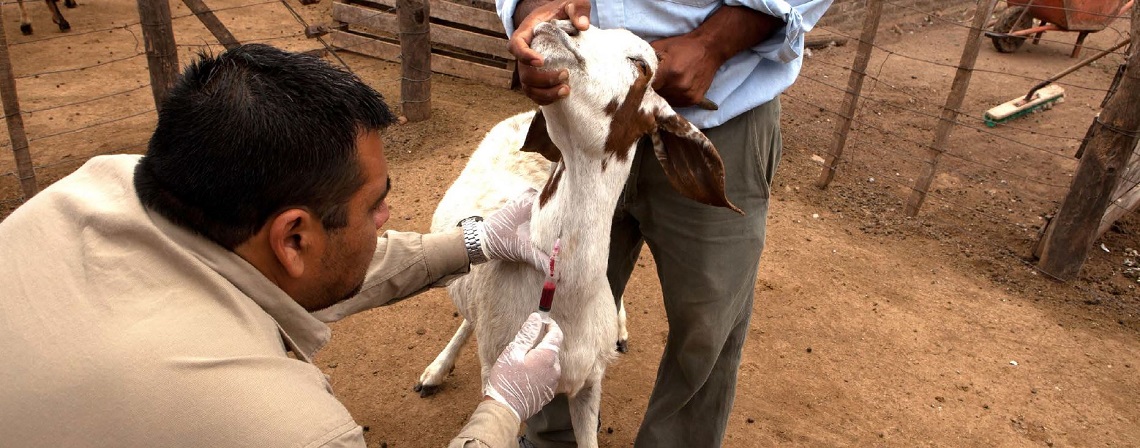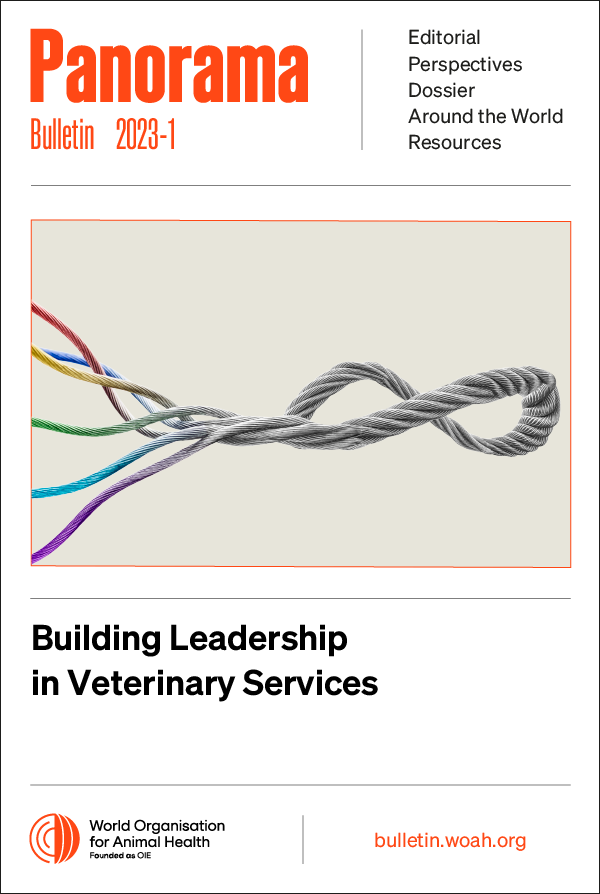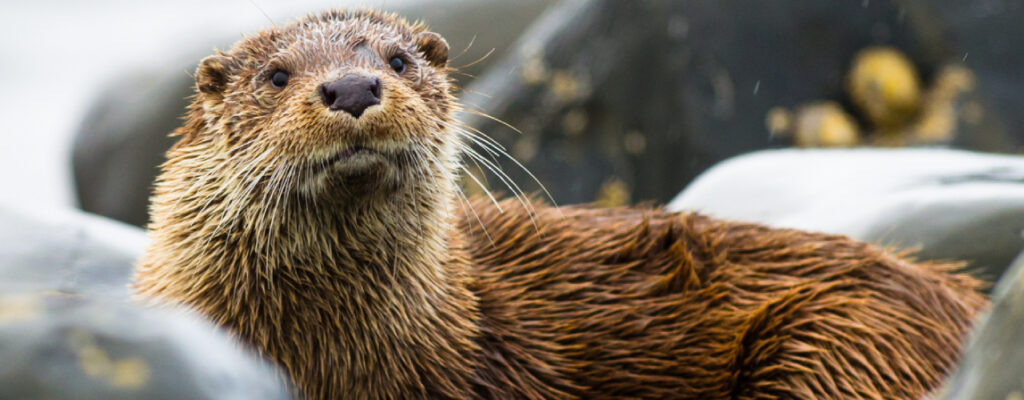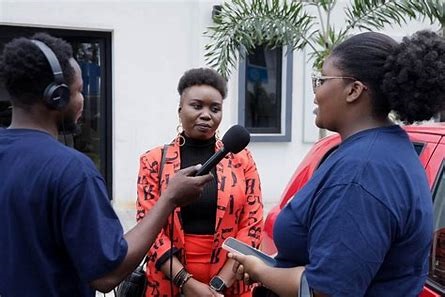Around the world Posted on 2023-02-22 15:52:53
WOAH actions
PVS Evaluation missions with a special emphasis on peste des petits ruminants
Lessons learned from pilot missions
Keywords
Authors
Susanne Münstermann (1) & David Sherman (2)*
(1) Animal health consultant, Berlin, Germany.
(2) Capacity Building Department, World Organisation for Animal Health (WOAH).
* Corresponding author: D. Sherman.
The designations and denominations employed and the presentation of the material in this article do not imply the expression of any opinion whatsoever on the part of WOAH concerning the legal status of any country, territory, city or area or of its authorities, or concerning the delimitation of its frontiers and boundaries.
The views expressed in this article are solely the responsibility of the author(s). The mention of specific companies or products of manufacturers, whether or not these have been patented, does not imply that these have been endorsed or recommended by WOAH in preference to others of a similar nature that are not mentioned.
Through its PVS Pathway, WOAH offers an opportunity for Members to assess their national VS and identify gaps and weaknesses. The key element of the PVS Pathway is the PVS Evaluation mission. This involves a team of PVS experts being invited to conduct a systematic assessment of a country’s national VS by evaluating 45 Critical Competencies deemed essential for effective performance.
The PPR GCES identifies 32 of those 45 Critical Competencies as necessary for the effective control and eradication of PPR. It has developed a PPR Monitoring and Assessment Tool (PMAT), which uses those competencies to help countries pinpoint their position along the GCES stages towards WOAH freedom from PPR.
WOAH recognised that there was a clear synergy between the PVS Evaluation and the PMAT assessment and proposed to the Joint FAO/WOAH PPR Secretariat that PVS Evaluation missions with PPR-specific content be launched. These would assist Members to obtain a regular PVS assessment, along with a more focused appraisal of their readiness to control and eradicate PPR.
Eight pilot PVS missions with PPR-specific content were undertaken between 2017 and 2019 [1]. These missions were well received by the participating Members as they provided a deeper understanding of the link between VS capacity and the ability to eradicate a transboundary disease, and the use of the PMAT tool to strengthen VS in the fight against PPR.
During the period of PVS mission suspension due to the COVID-19 pandemic, the PMAT tool was revised, and a new version produced. The PVS missions with PPR-specific content have now resumed, and three new missions were carried out in 2022, in Cameroon, Côte d’Ivoire, and Sierra Leone.
https://doi.org/10.20506/bull.2023.1.3388
References
- Münstermann S. & Sherman D. (2022). – Lessons learned from WOAH missions to evaluate Performance of Veterinary Services with special emphasis on eradication of Peste des petits ruminants.












